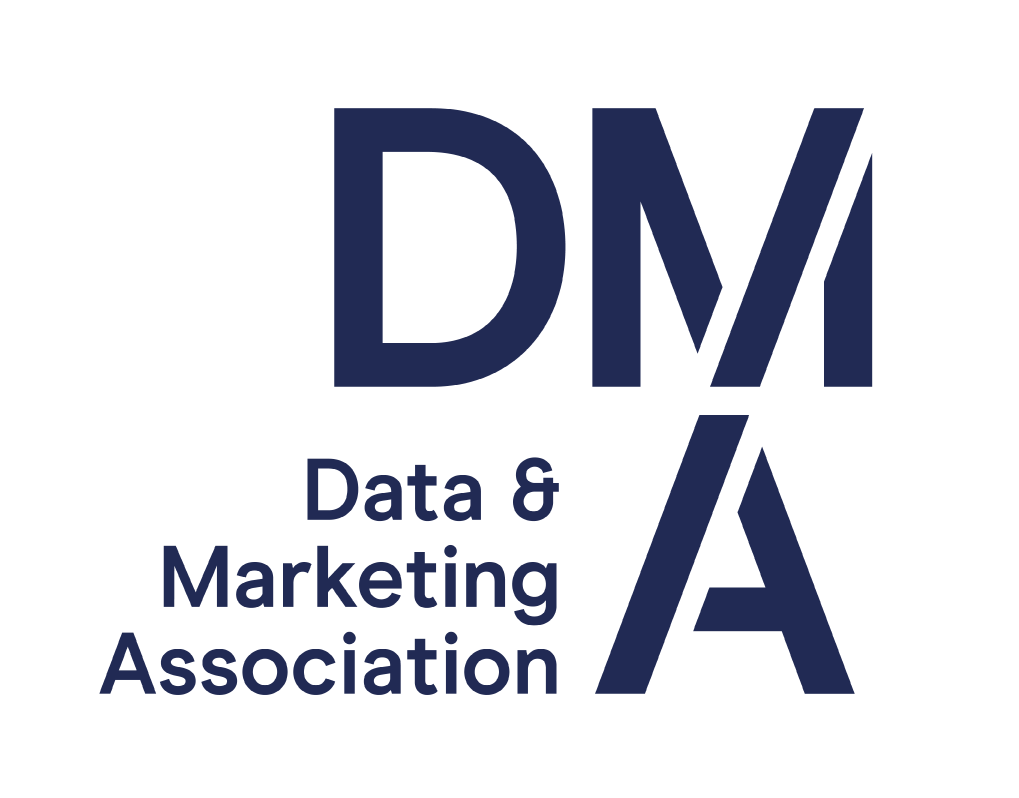Marketing to oldsters. 5 reasons why old age ainât what it used to be
16 Aug 2013
To be over 45 (or 50, or whatever artificial age barrier we choose) is to be increasingly hard to stereotype. What it means to be older has changed, for all sorts of reasons. Complexity and diversity rule. We call this ‘age disruption’.
1. New ideas of age and ageing
Age lines are blurring: consider acronyms such as ASYL (adults staying younger longer). It’s not just Mick Jagger and David Bowie. The period when we consider individuals to be ‘active consumers’ has expanded. People stay active longer, with improved lifestyles and medical care. We age at different rates. Many people do not behave their age, look their age, or admit to their age (even to themselves).
2. Family disruption
The nature of the family has changed. Some people have children later in life, sometimes into their forties, fifties and later. People marry or re-marry people much older or younger than themselves, often creating complex extended family networks, and continue to do so well past their 50s. Many adults of all ages live in single-person households (25% for all adults, rising to over 33% for the over-75s – the majority of whom are female).
3. Extended family disruption
The so-called ‘sandwich generation’ (or ‘baby gloomers’) is estimated to include up to 40% of parents and 55% of children (Nielsen / Age Lessons May 2007). With increased longevity, more middle-aged parents are caring for their own elderly parents. They may also have children living at home into their late twenties and beyond (unable or unwilling to assume economic independence). A new group – Yuckies (Young Unwilling Costly Kids) is funded into their 30s by 90% of parents.
4. Family disruption on a grand scale
With longevity, grandparents are increasingly prevalent. And they’re not grey haired little old ladies any more. Many look after and often fund their grandchildren (ILC-UK 2010). 50% of grandparents are aged under 65, 10% are under 50. 50% of working class parents will become grandparents before they are 60. And 62% of grandparents are not even the most senior generation in their family – four-generation families are now common.
5. Economic disruption
The days of a guaranteed retirement, funded by a state and/or private pension are numbered. Many people aged 45-64 face economic uncertainty: for example, involuntary unemployment, long-term unemployment and inadequate pension provision. This may involve delaying their retirement age and continuing to work – if they can find a job. Around two million people aged over statutory retirement age are said to live in poverty by the DWP and Age UK. Even previously well-off retirees have seen the value of their investments and income decline sharply.
It’s all bad news for anyone who still thinks that the ‘over-50s’ is a viable single consumer segment, or even that age has any merit as a primary targeting factor. In fact, the irony is that some of the oldest marketing paradigms of all – like segmentation, targeting and positioning – have never been more relevant.
Mark Beasley, Managing Director, rhc advantage


1.png)


Please login to comment.
Comments